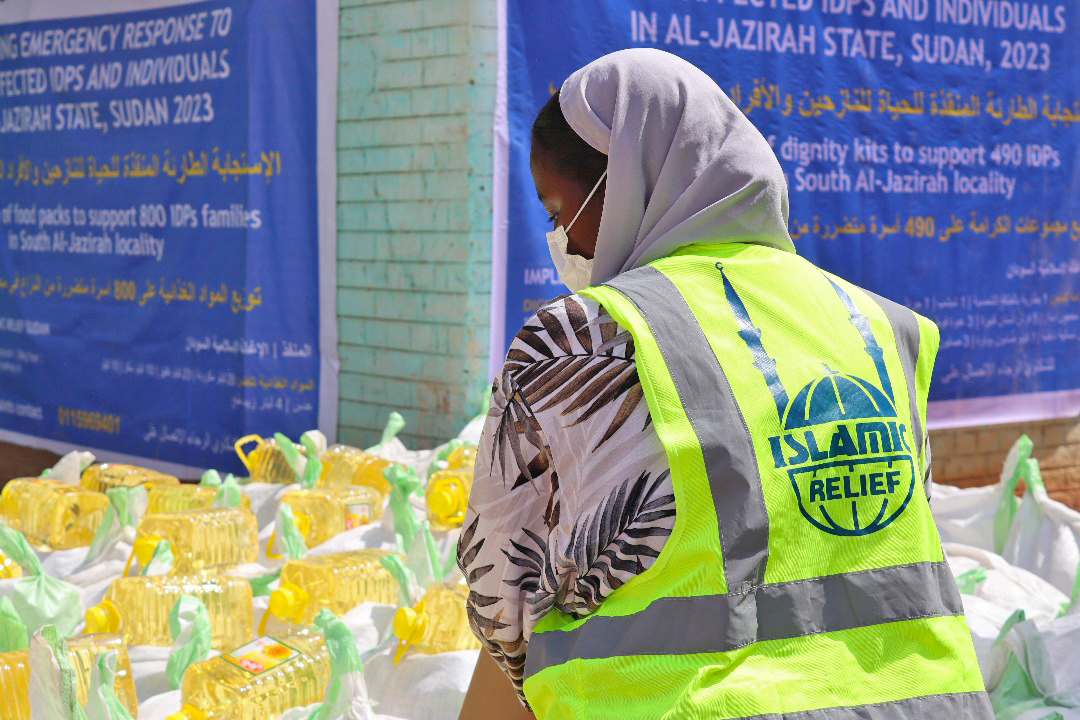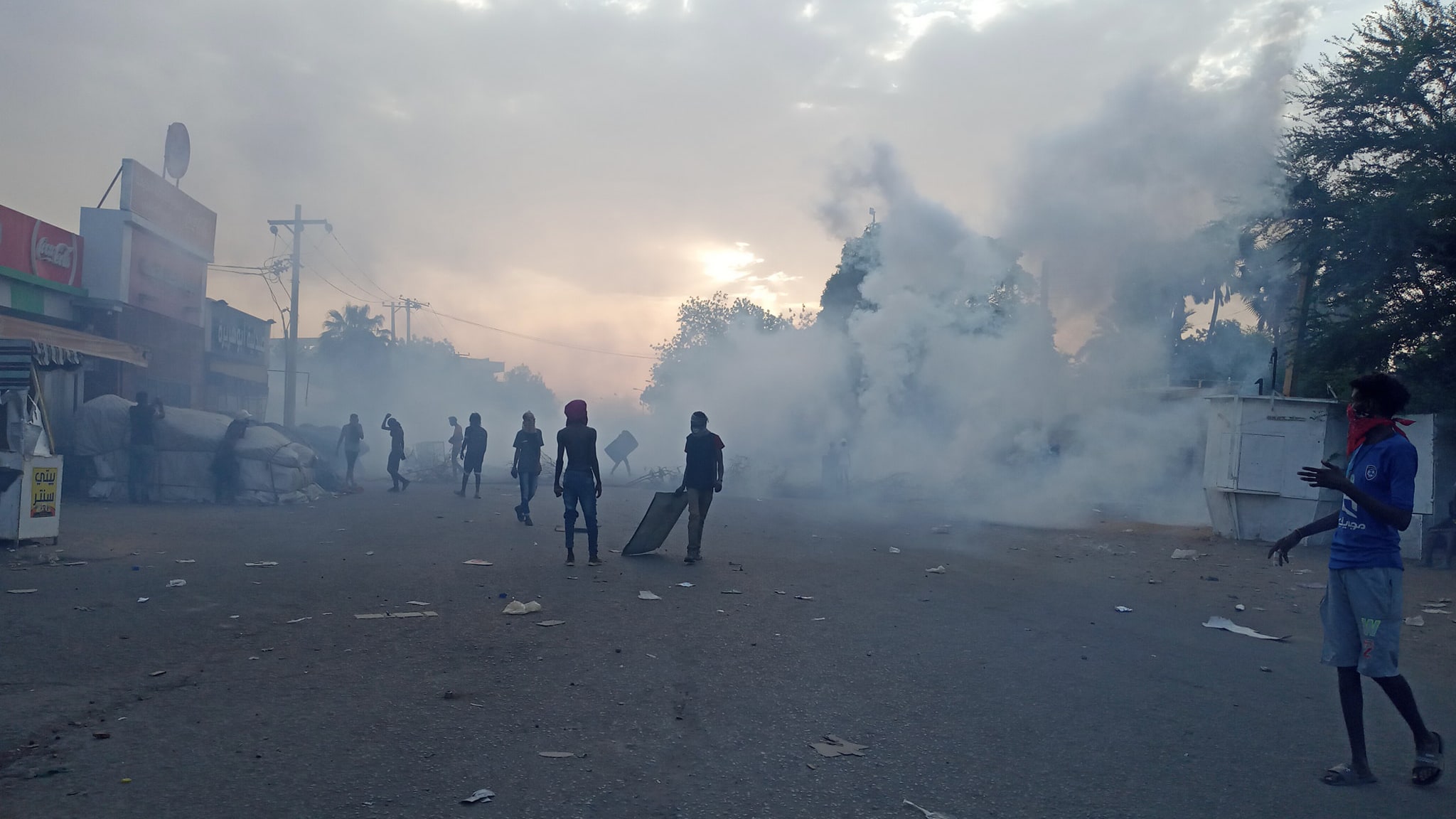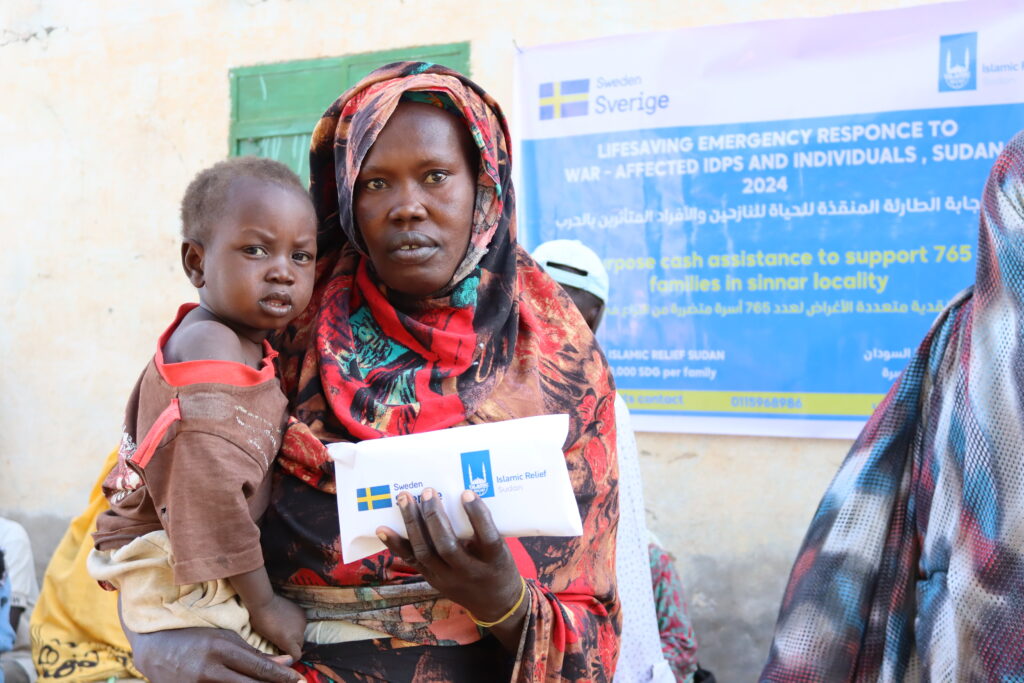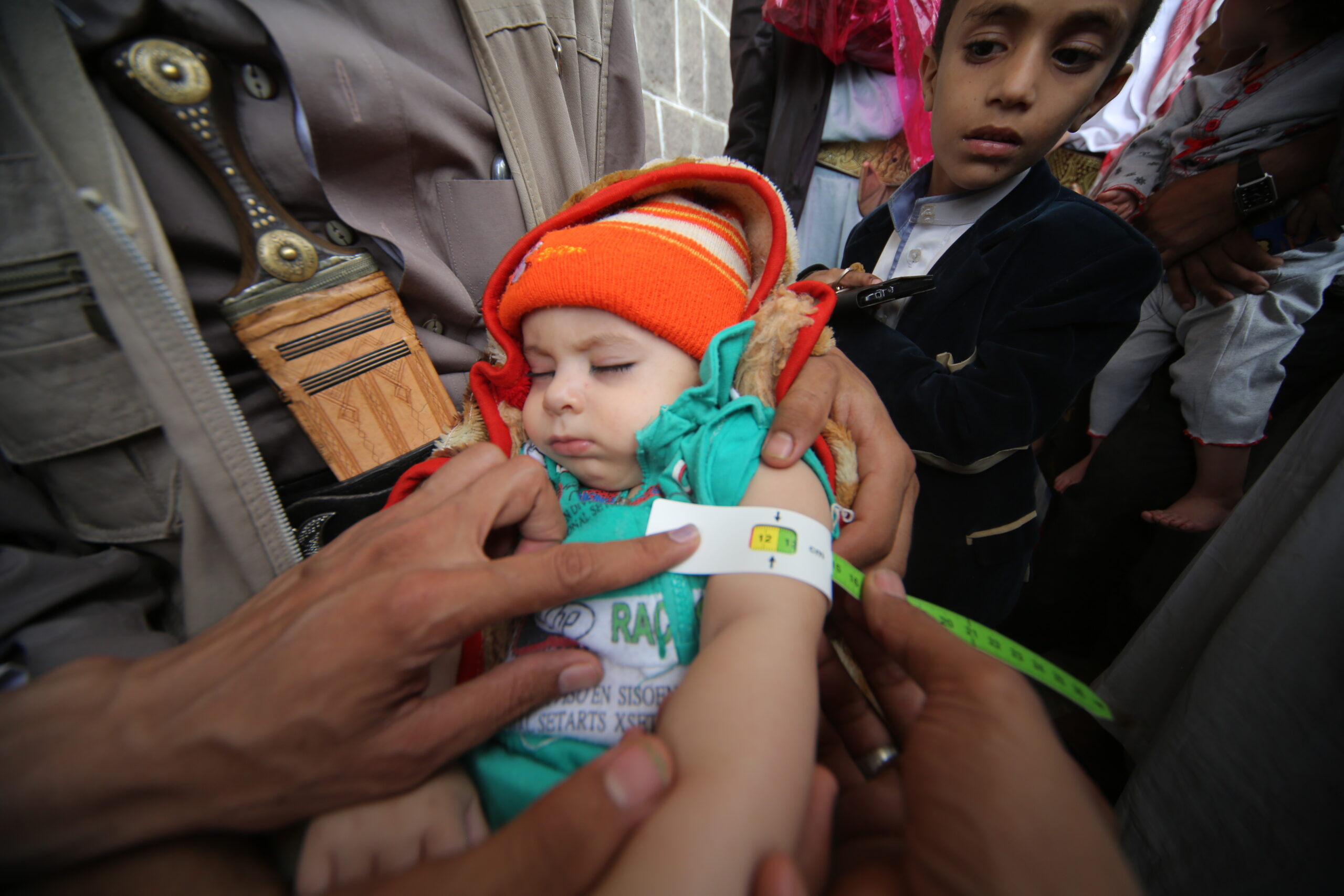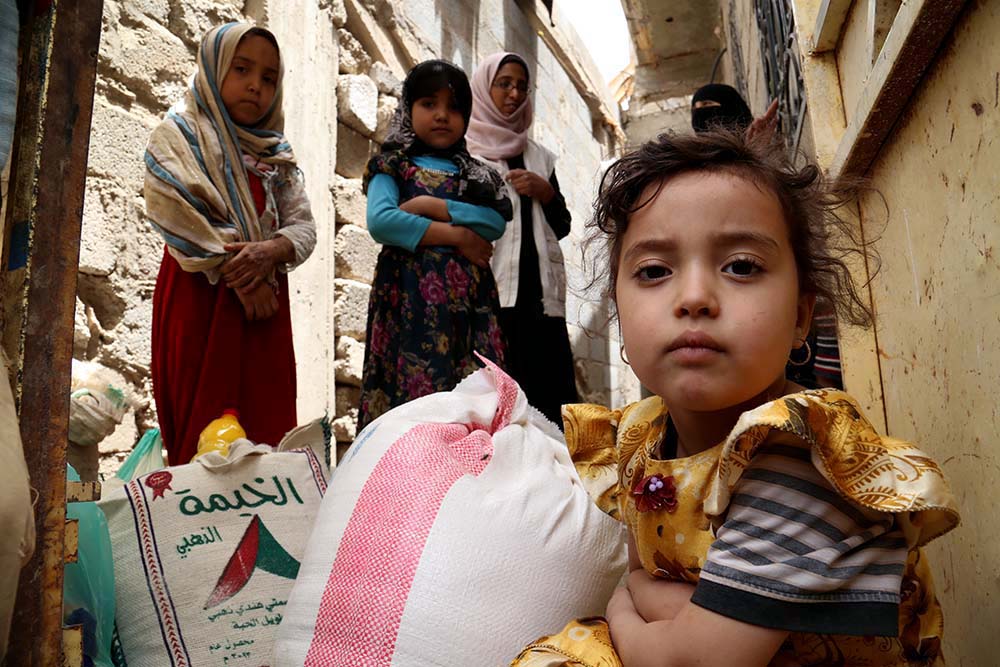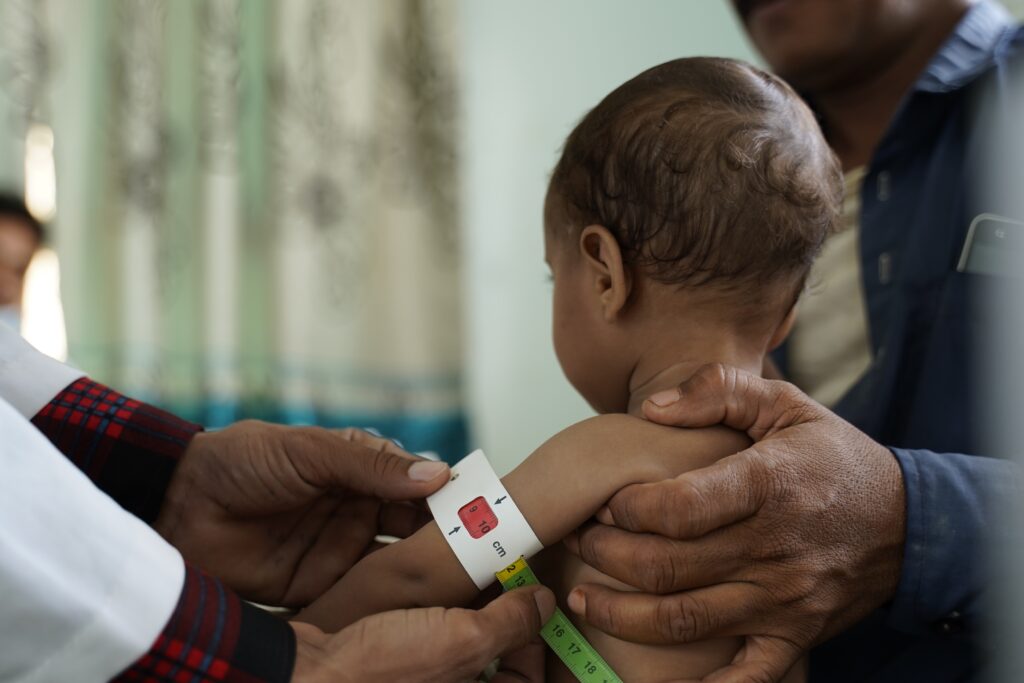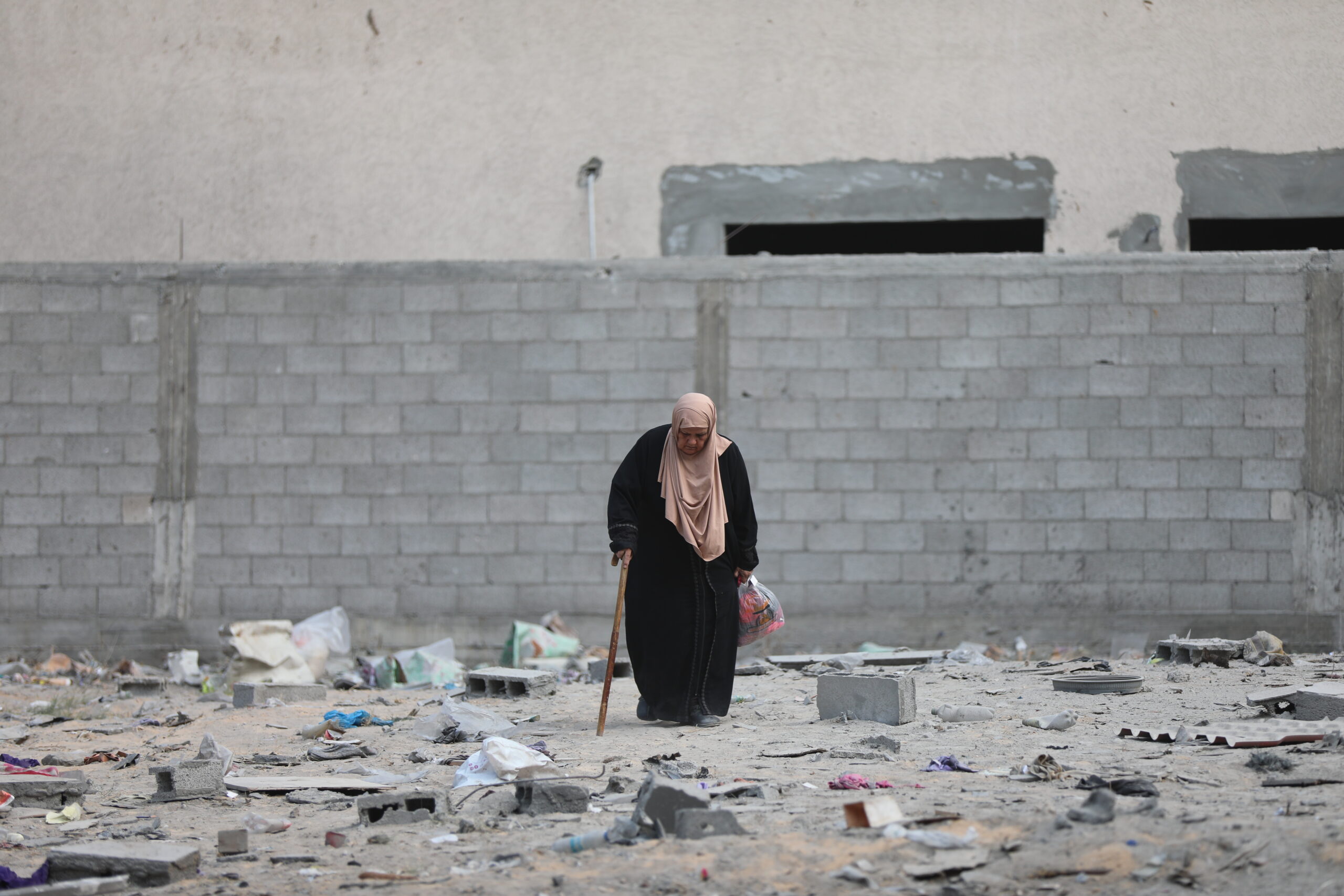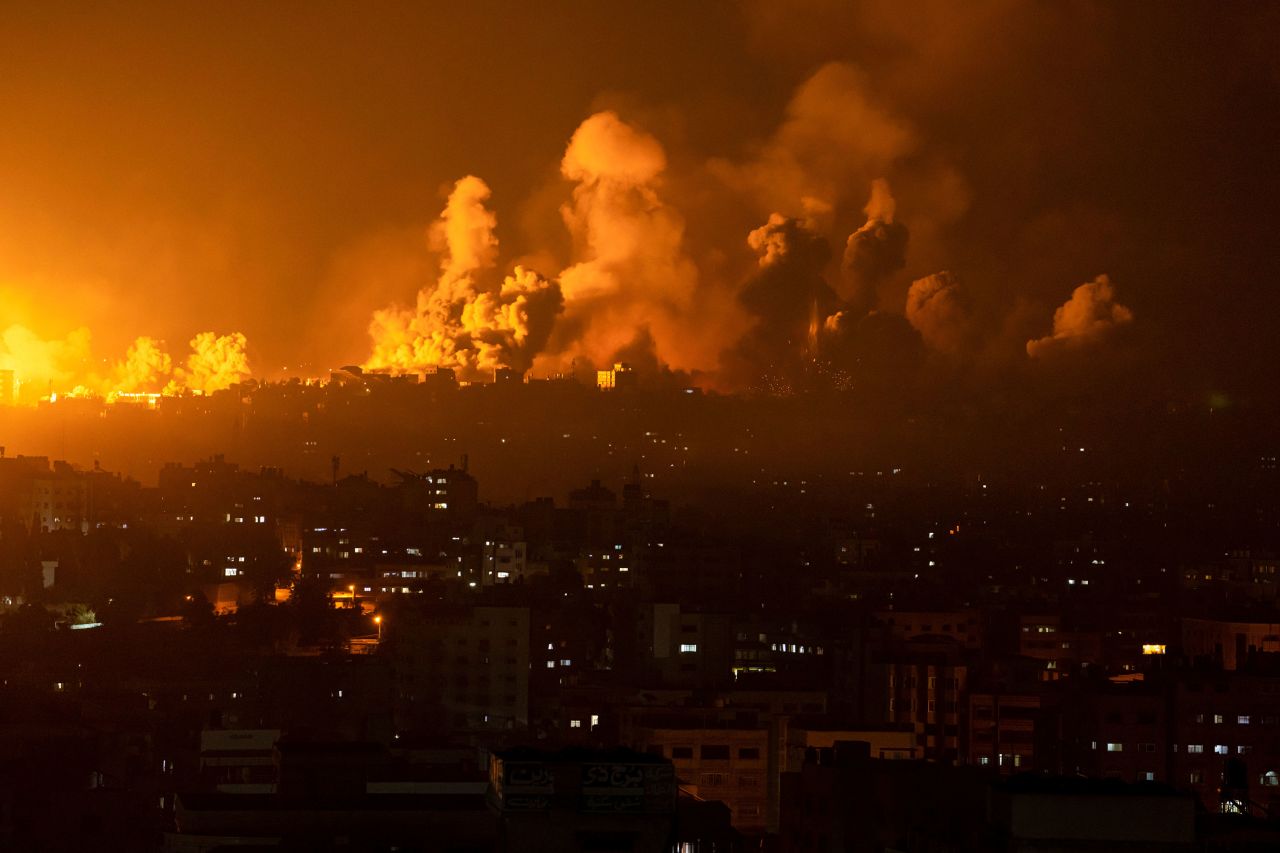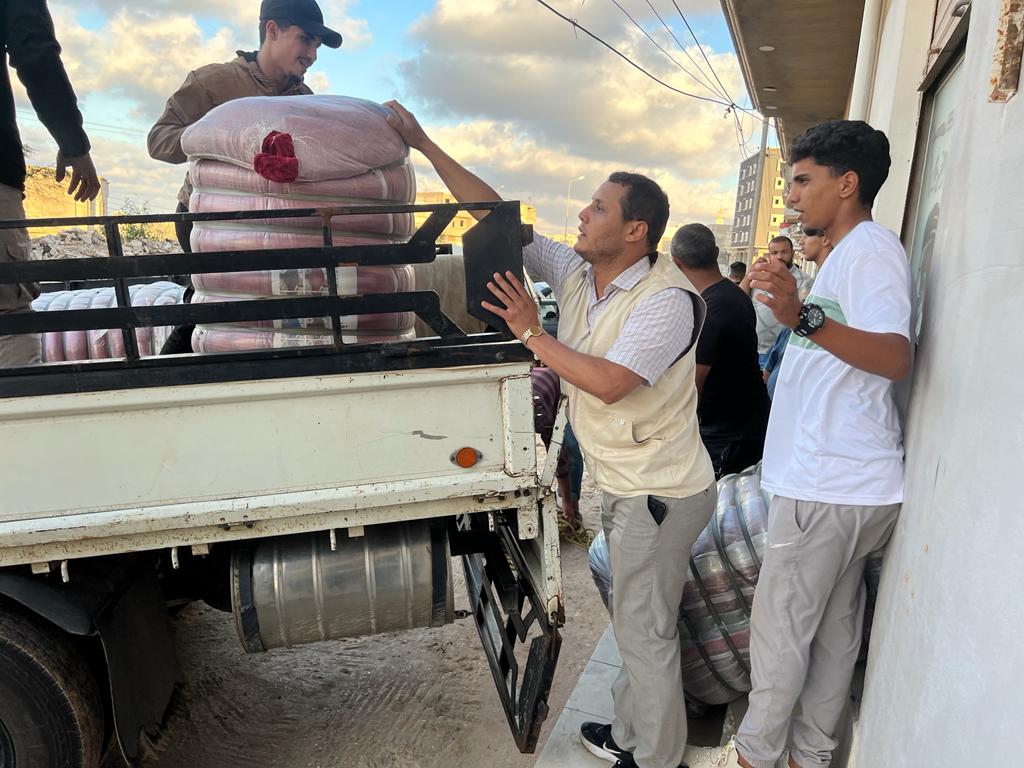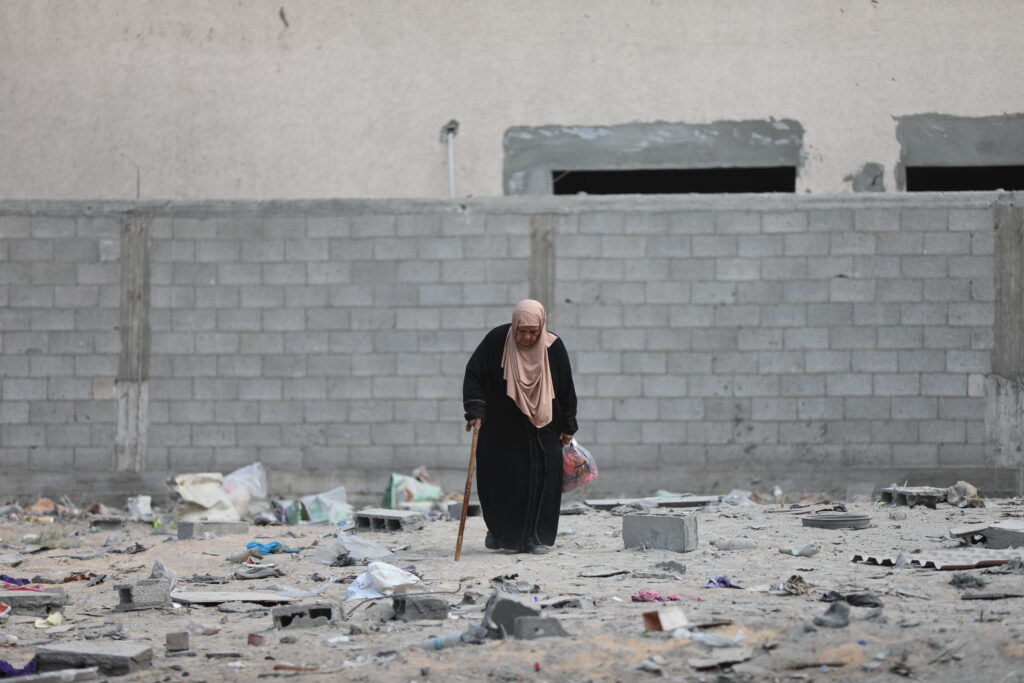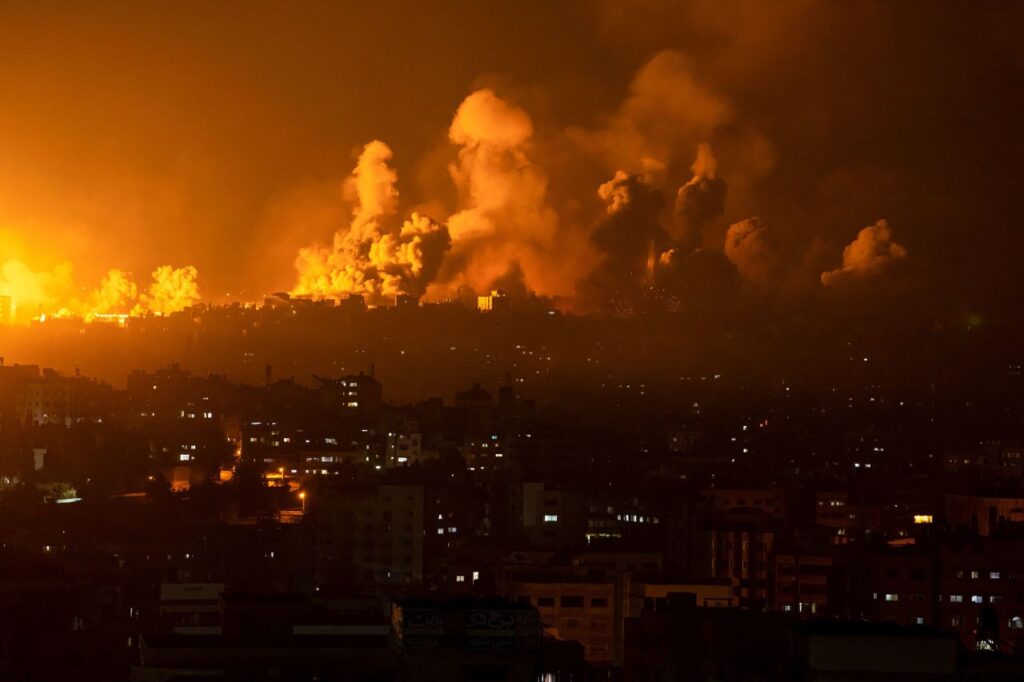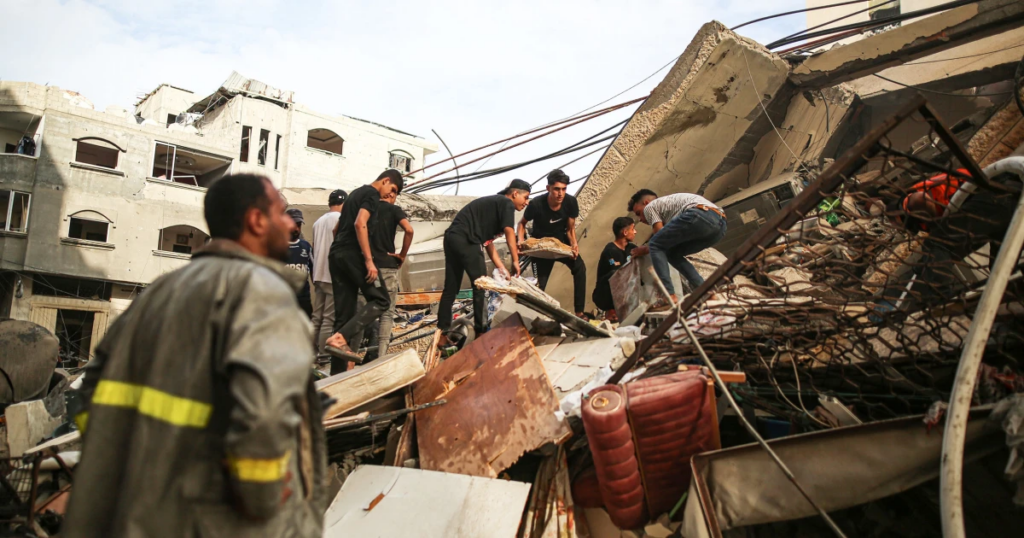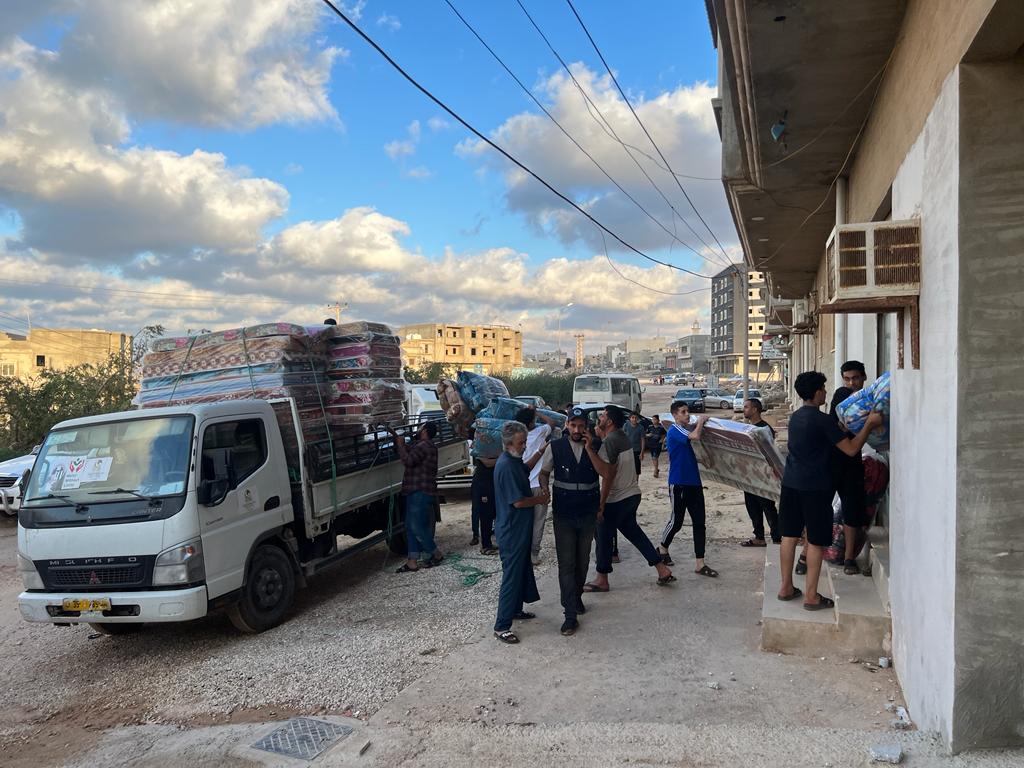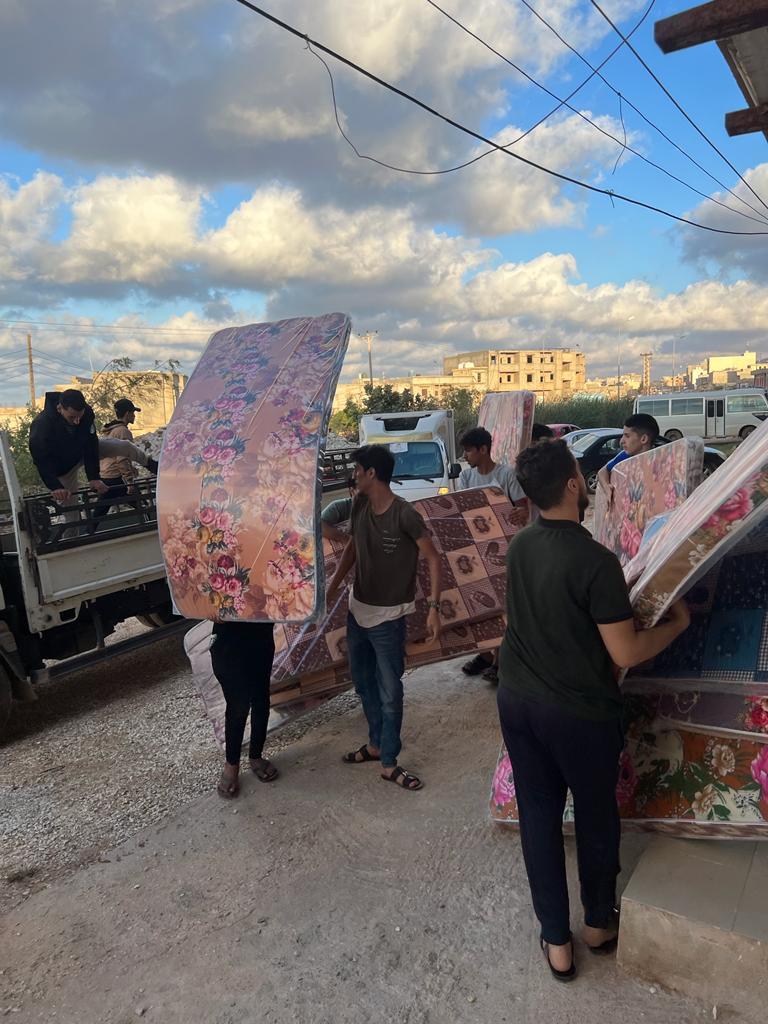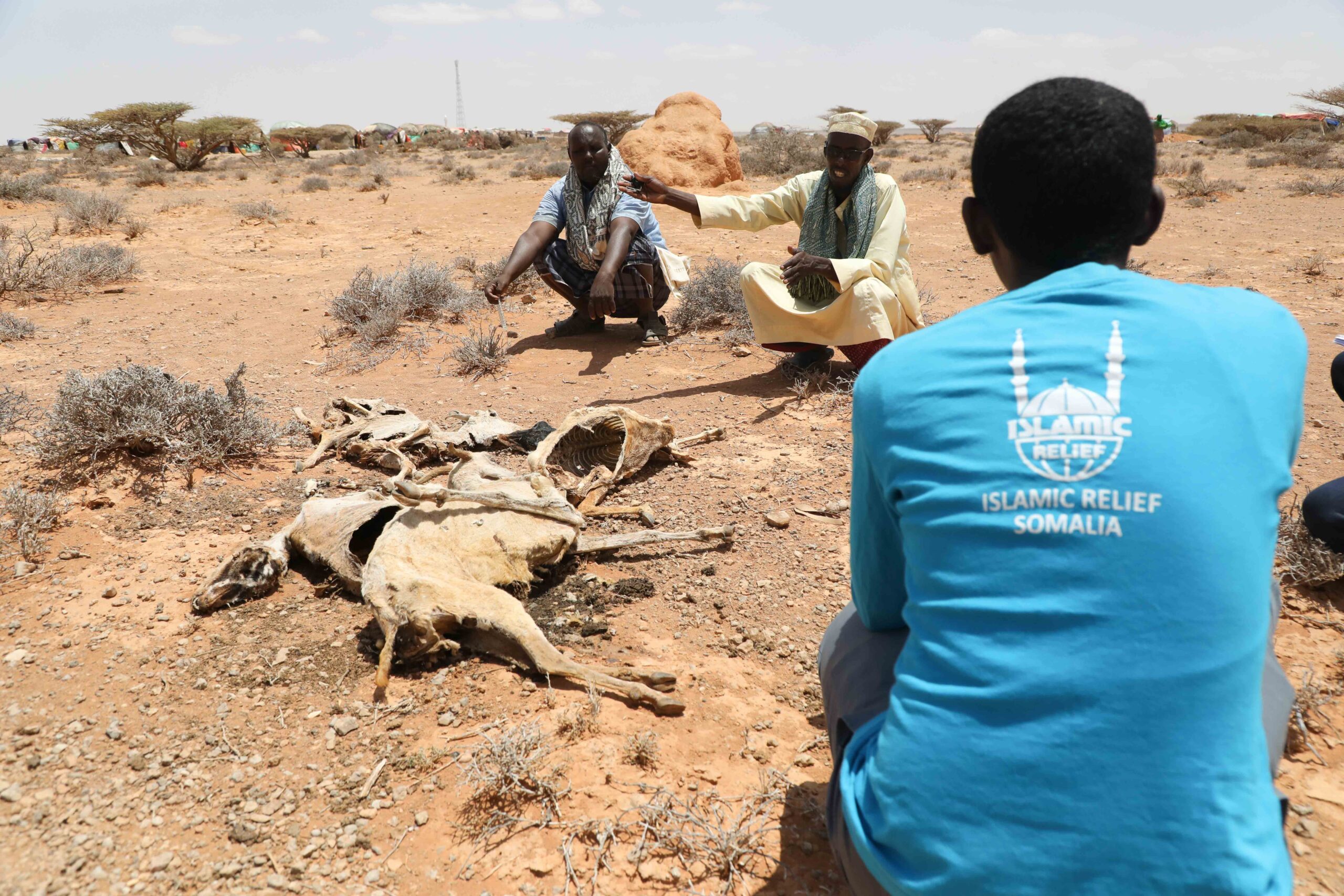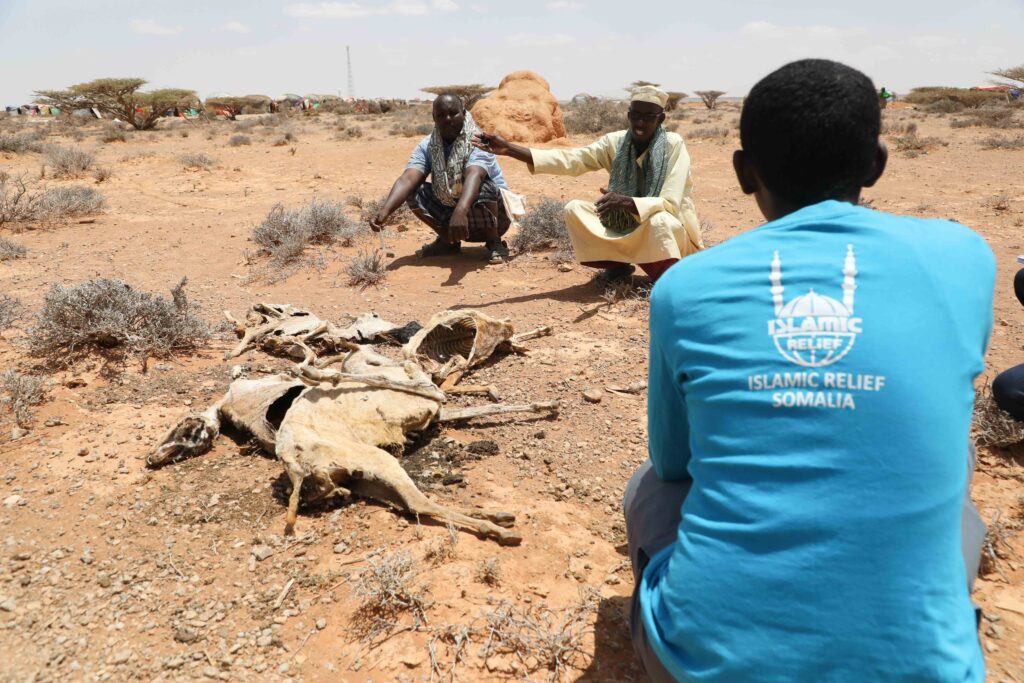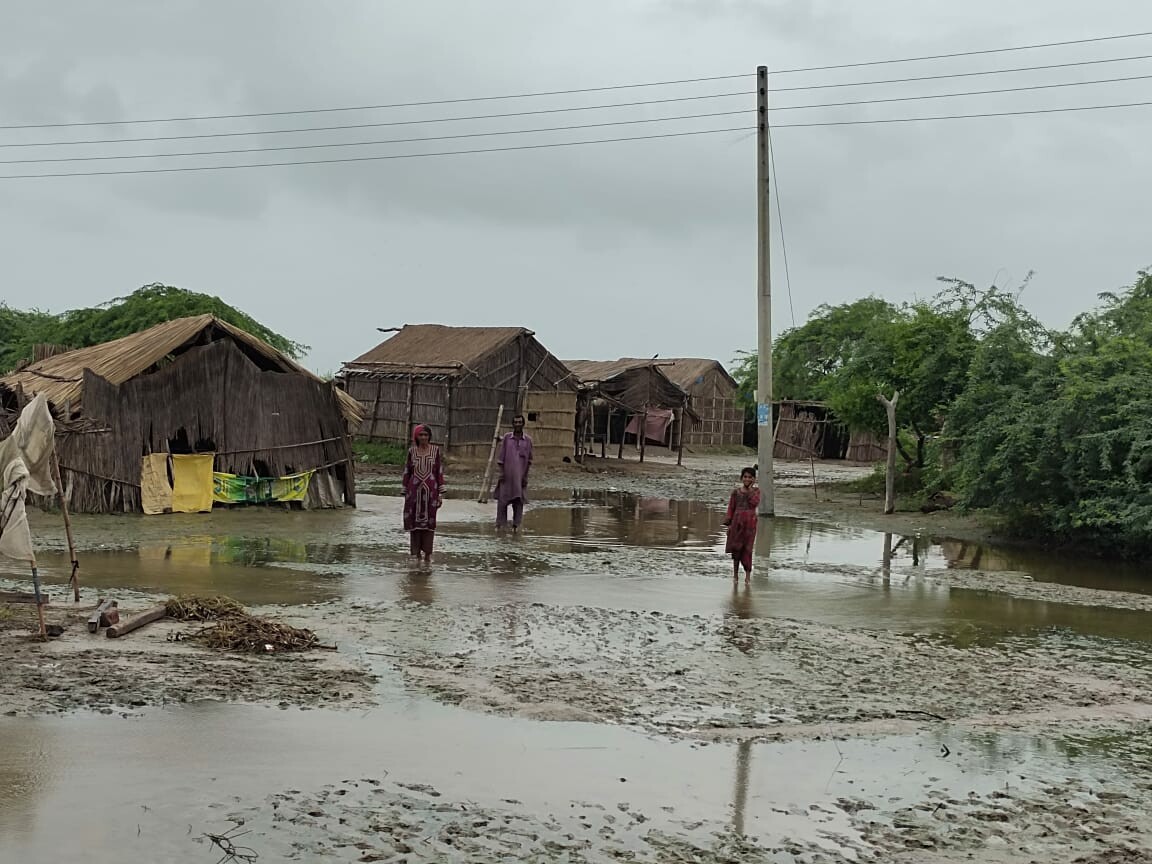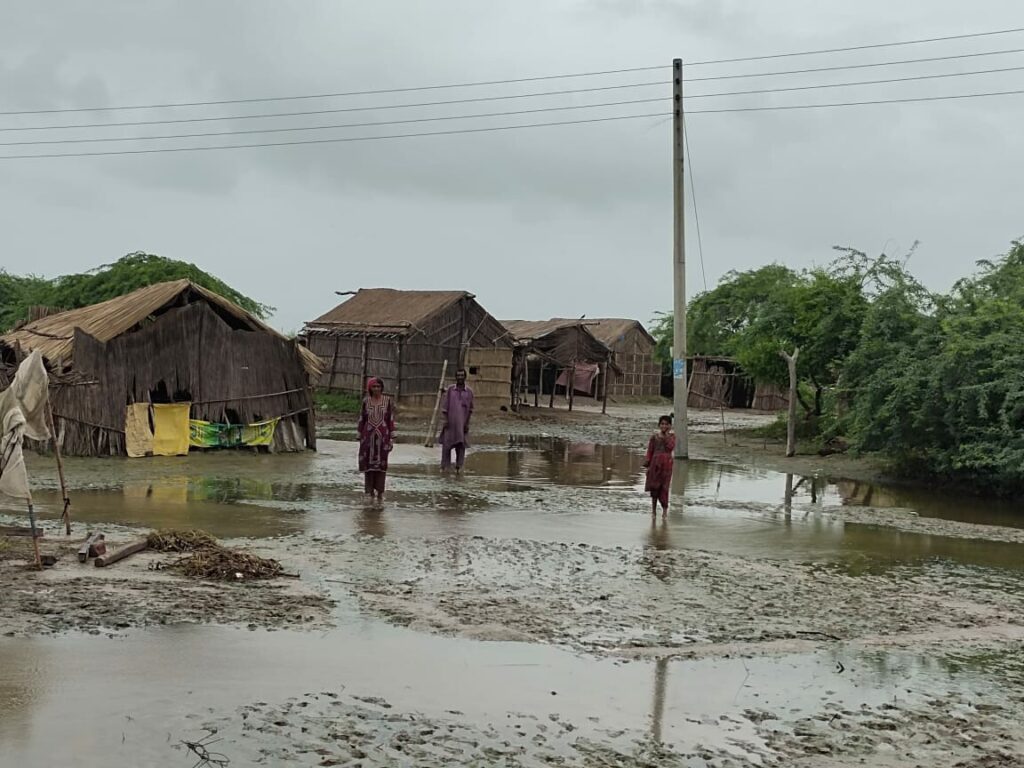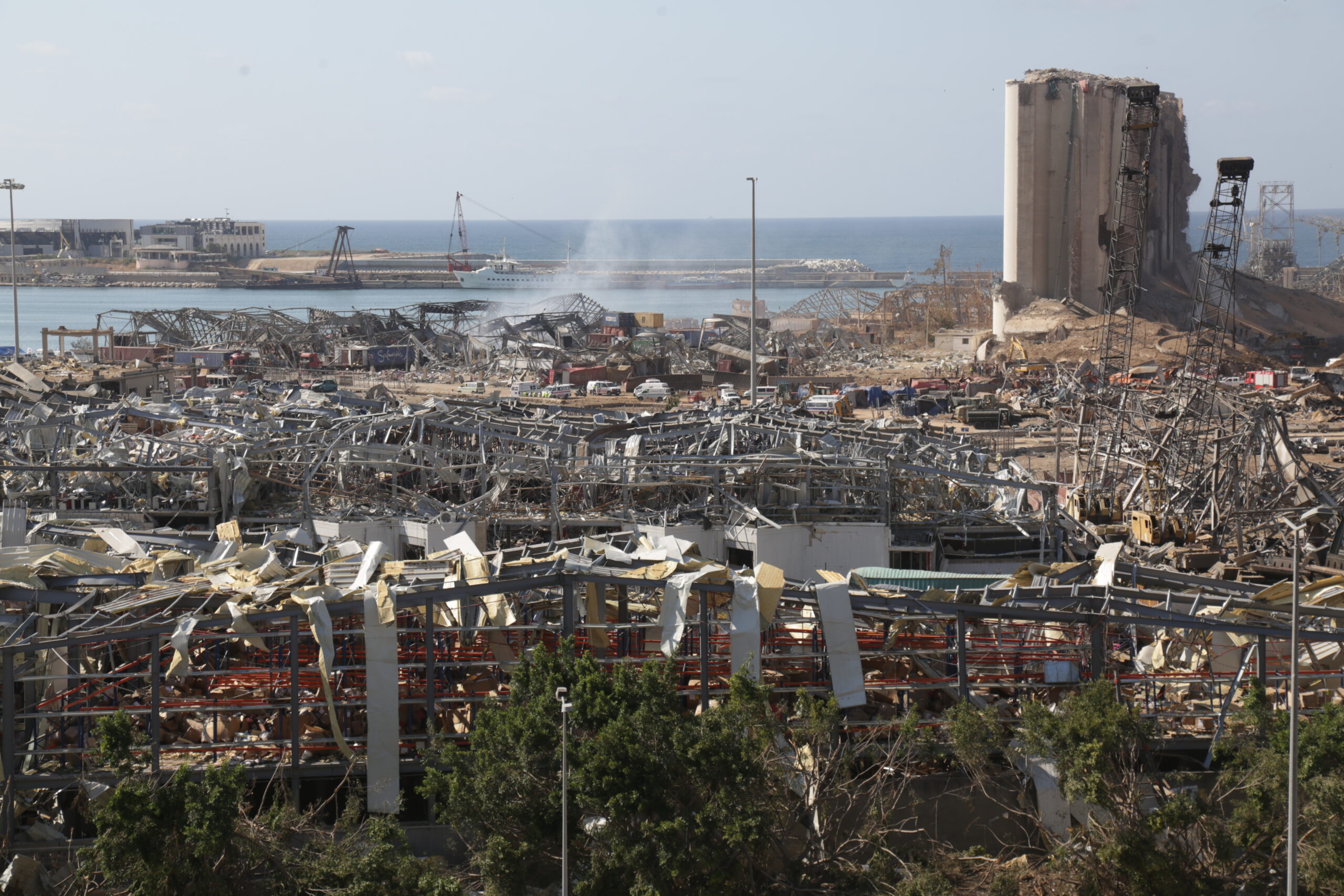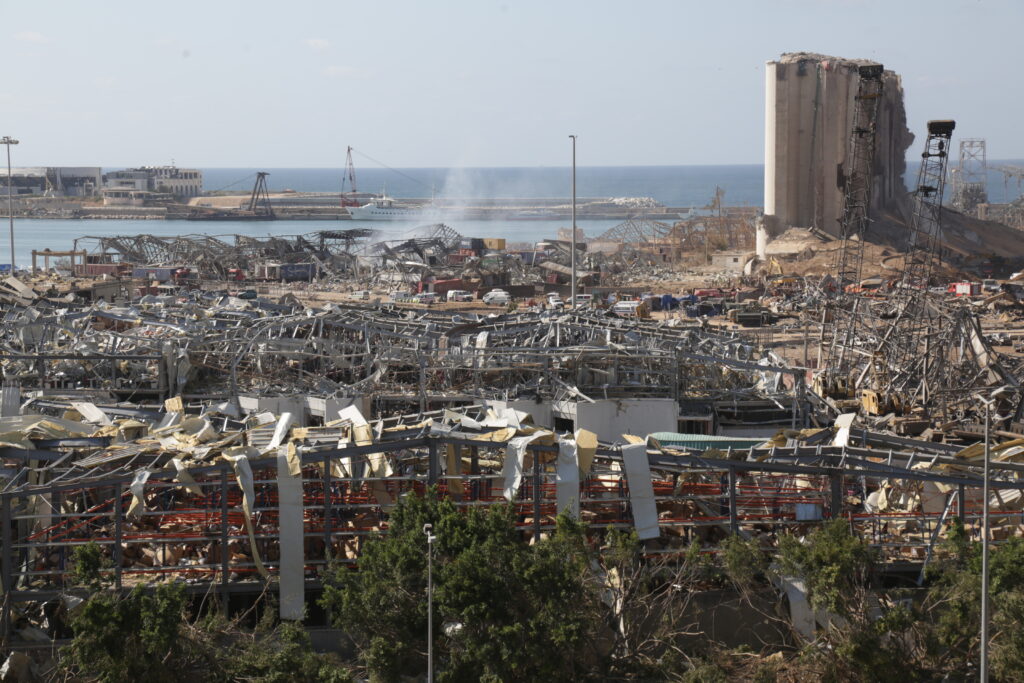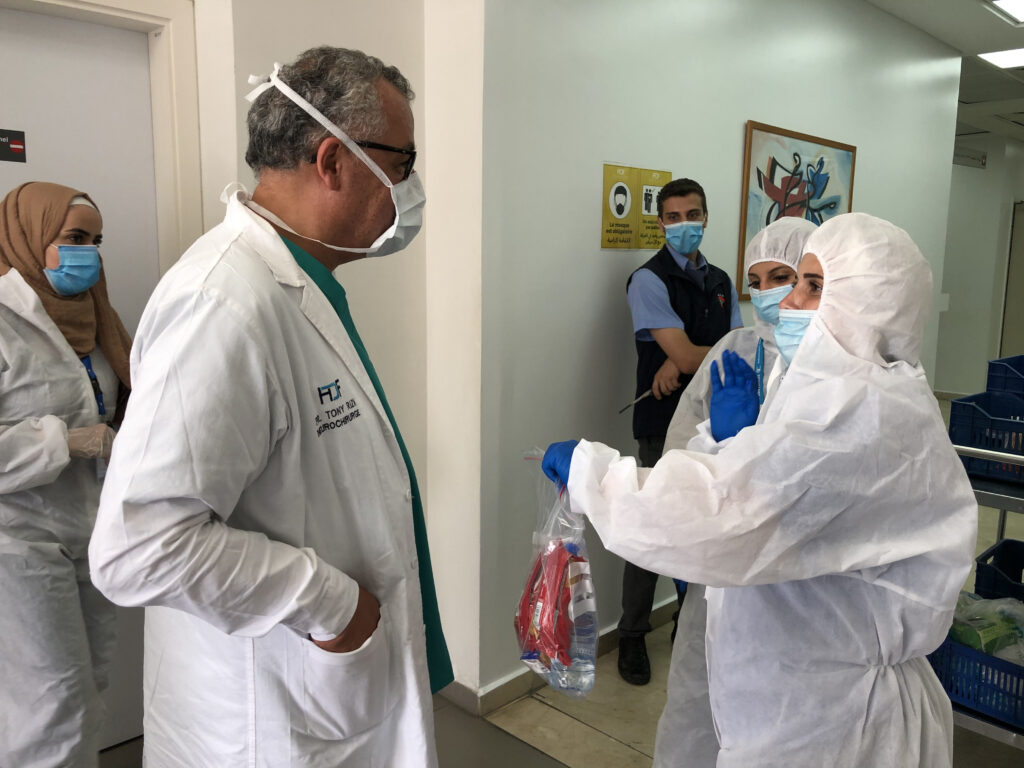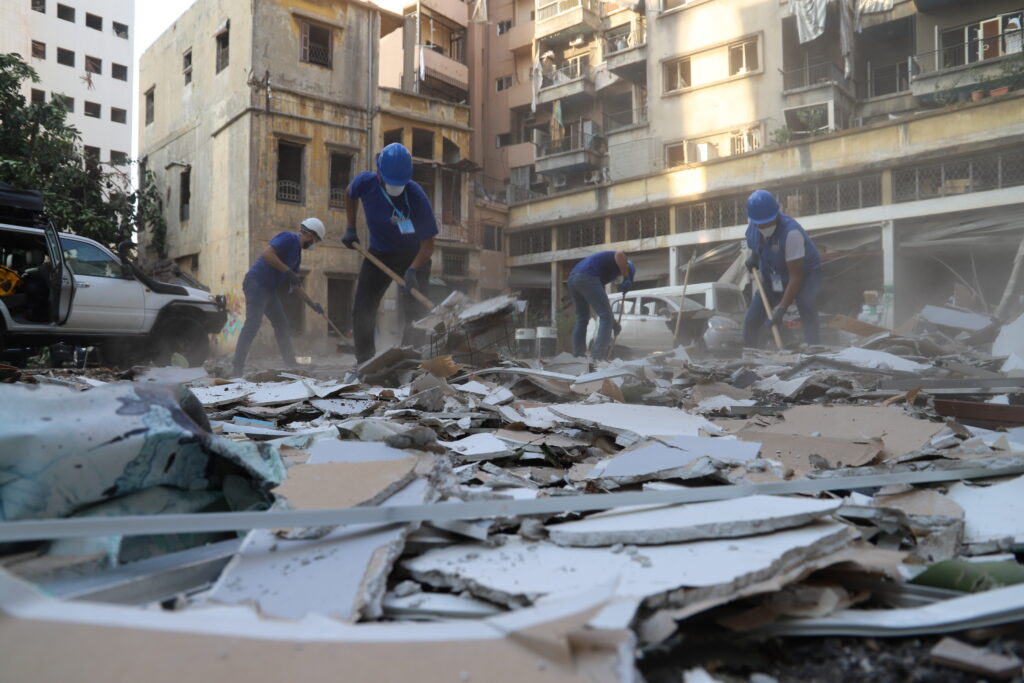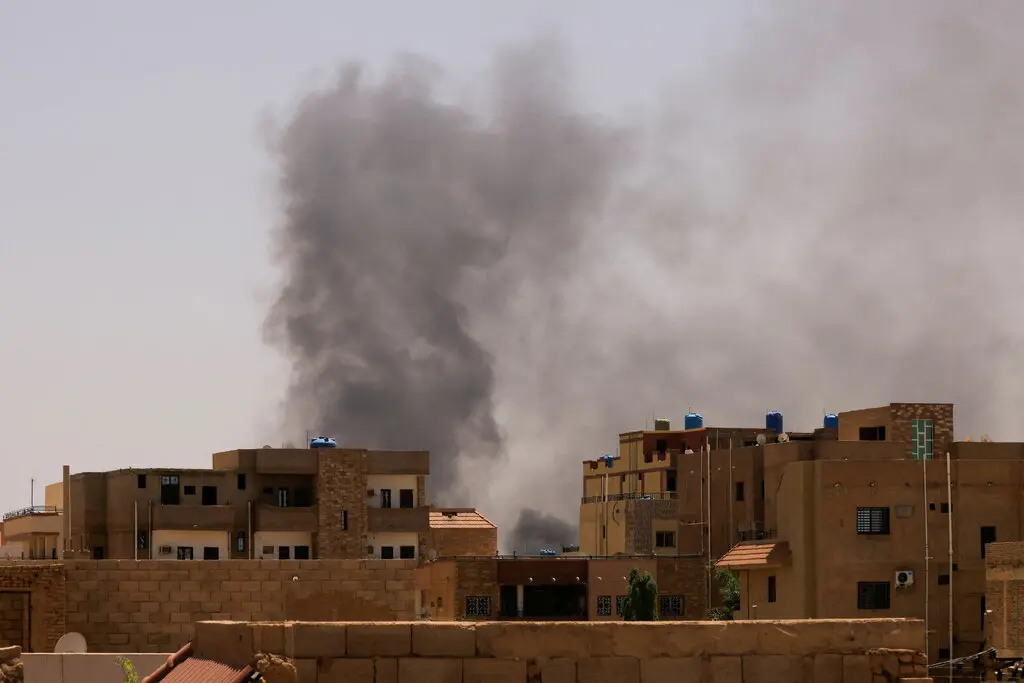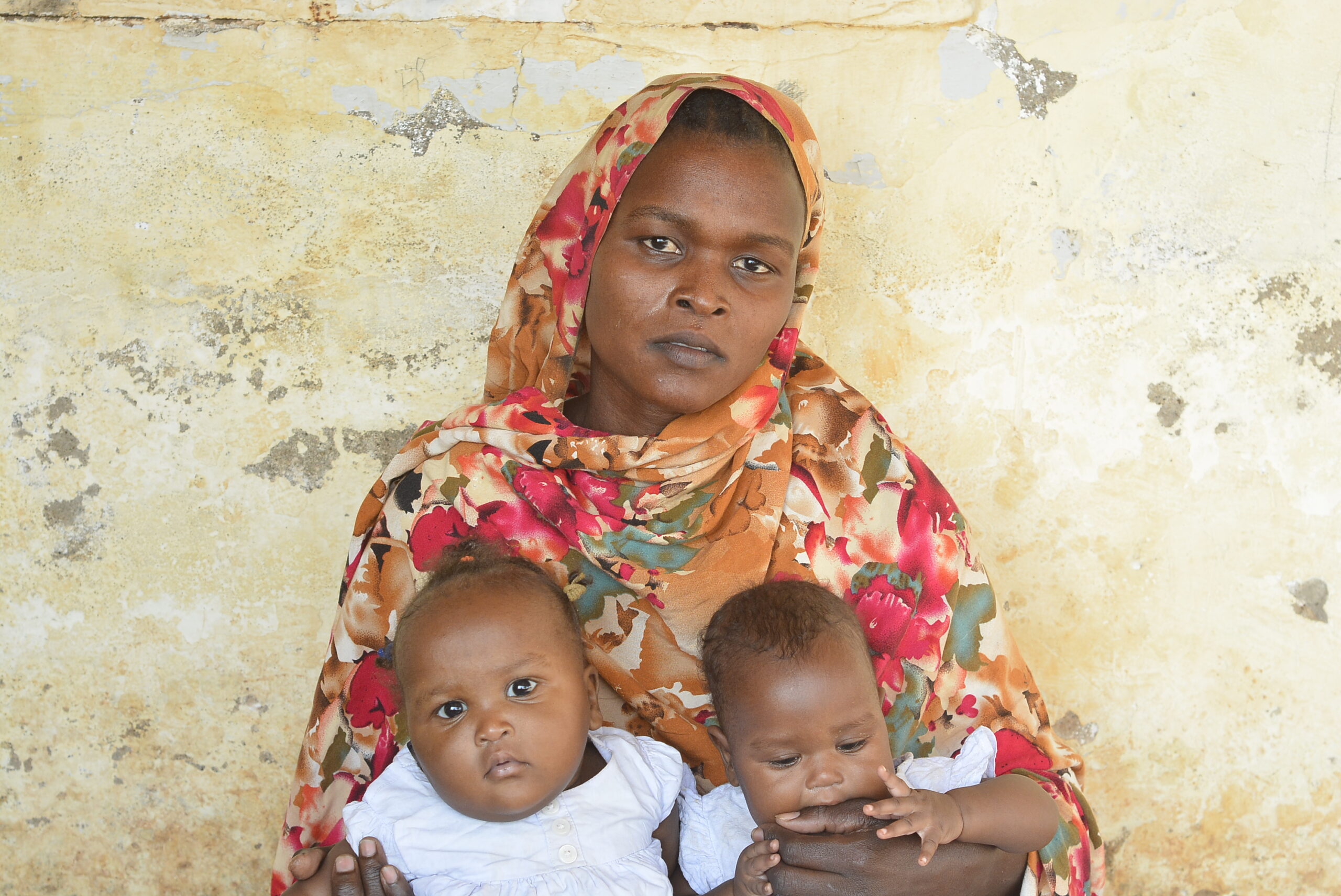
04.12.24
Sudan at risk of collapse with famine looming
After one year of escalating conflict, Sudan has descended into one of the world’s worst humanitarian crises. It is on the verge of mass famine. Its food supply is decimated and young children are now starving to death in its cities, villages, and displacement camps.
Sudan is at imminent risk of collapsing. Yet, the world has largely forgotten or ignored the crisis.
A country in desperate need of aid
During the ministerial conference on Sudan held in Paris on 15 April – co-hosted by the EU, France and Germany – Islamic Relief called on world leaders to take action. To step up efforts to secure an immediate ceasefire, pressure parties to the conflict to protect civilians, ensure humanitarian access and increase aid to prevent a catastrophic famine. As, a quarter of the way through the year, the 2024 humanitarian response plan for Sudan is only 5% funded.
Over the past year, the war has spread across the country, creating what is now the world’s largest displacement crisis. 8.4 million people – 2 million of them children under 5 years old – have been forced to flee their homes.
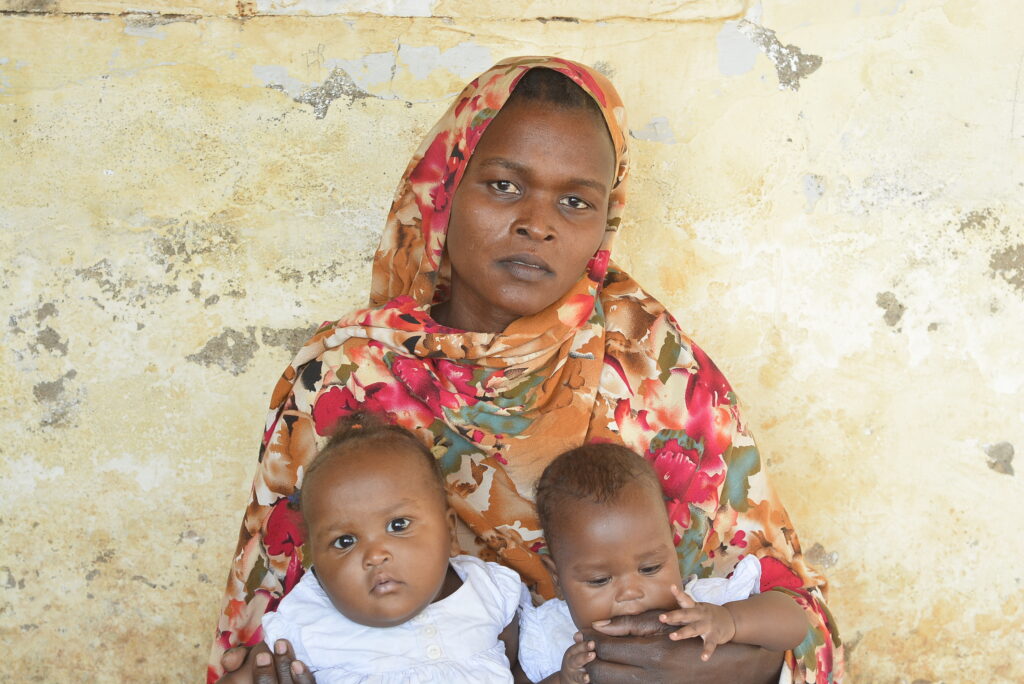
Children are now dying of hunger. Islamic Relief staff on the ground report a rapid increase in the number of malnourished children in the health and nutrition centres it supports. This includes some children so emaciated they can barely breathe. Many families also only eat a few mouthfuls of sorghum a day.
In recent months the fighting has spread to many of Sudan’s main agricultural regions, devastating food production. Many farmers find it too dangerous to access their fields to plant or harvest crops. When they do harvest them, trucks carrying food to markets are regularly looted.
Around 30,000 more people a day are falling into crisis levels of food insecurity. Overall, 17.7 million people (almost 40% of the population) now face hunger. Among them, 5 million are just a step away from famine. In parts of Khartoum and Darfur, famine conditions will likely awithin weeks.
The economy is collapsing at a staggering rate. Poverty is rising and food prices are almost doubling – leaving most families unable to afford even basic staple food.
Increasing Violence in Sudan
Islamic Relief teams in Sudan report an increase in extreme violence and threats to civilians over the past year. Villages burned to the ground. Women attacked. Children recruited into armed groups. Hospitals and markets bombed and looted. Key infrastructure and services destroyed.
Elsadig Elnour, Islamic Relief’s Country Director in Sudan, says: “Over the past year I’ve seen my country descend into violence, madness and destruction, neglected by the rest of the world.
“Everyone has lost everything. Everyone is traumatised. That’s how it feels to be Sudanese at this moment. We have lost loved ones, property, jobs, and the futures that we planned. Even the rich have become poor. Unless there’s a ceasefire and peace very soon, the country may collapse.
Over the past year, Islamic Relief has had to move its main office in Sudan several times due to the increasing spread of violence. Sudan is now one of the most dangerous and difficult places to deliver humanitarian aid, with dozens of aid workers killed, offices regularly looted and regular bureaucratic obstruction.
Islamic Relief on the Ground in Sudan
Despite the challenges, Islamic Relief has delivered vital aid to more than 600,000 people all over the country, including distributing food and cash, supporting health facilities and providing hygiene and dignity kits.
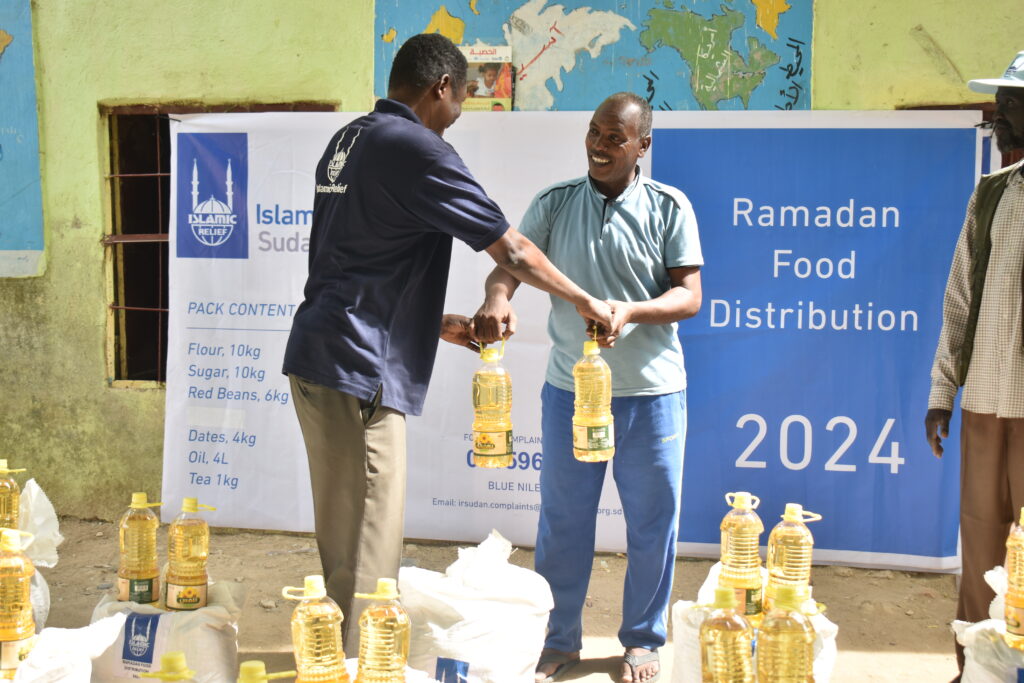
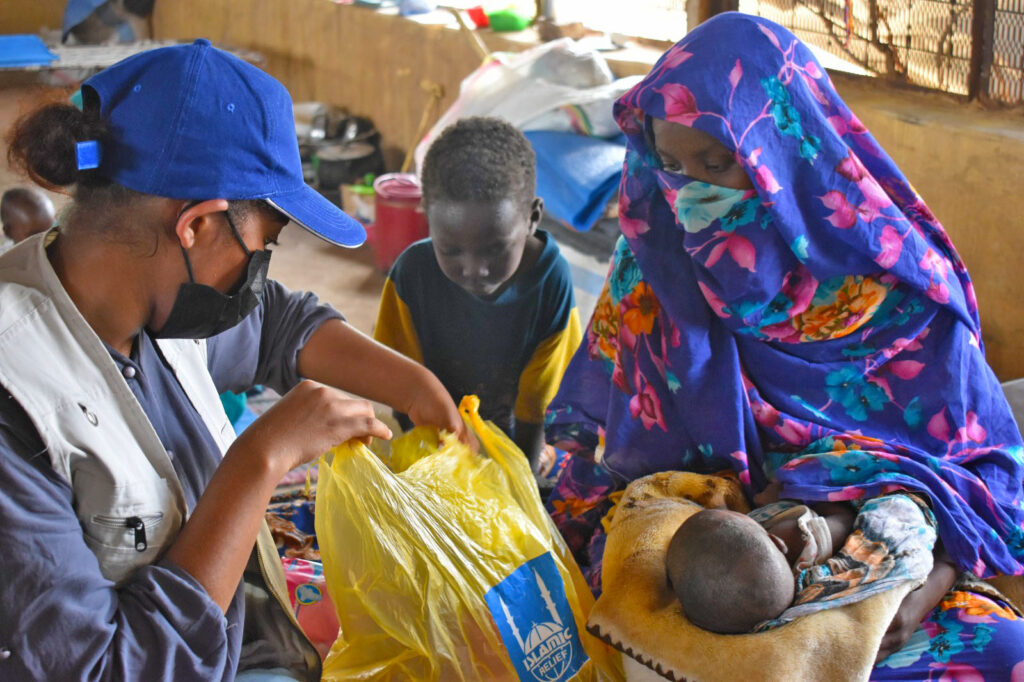
With the crisis neglected internationally, Islamic Relief’s new report highlights how Sudanese communities are playing a leading role in the response – with community kitchens providing food and impoverished families taking displaced families into their own homes and sharing what little they have. It calls on international donors at the Paris conference and beyond to increase funding and technical assistance for grassroots community networks, particularly women-led groups and civic committees.
Islamic Relief’s report calls on warring parties to commit to an immediate and unconditional ceasefire, kickstart dialogue for a sustainable resolution to the conflict, and adhere to commitments they have made to protect civilians and facilitate safe and unimpeded humanitarian access to all people in need.
It calls on the international community to step up aid, especially to improve food security and support livelihoods, and to play a greater diplomatic role and reinvigorate efforts to reach a ceasefire and unimpeded humanitarian access.
Give relief to the people of Sudan
Help us provide urgent relief to our brothers and sisters suffering in Sudan due to the ongoing and devastating conflict. Be their lifeline today.

